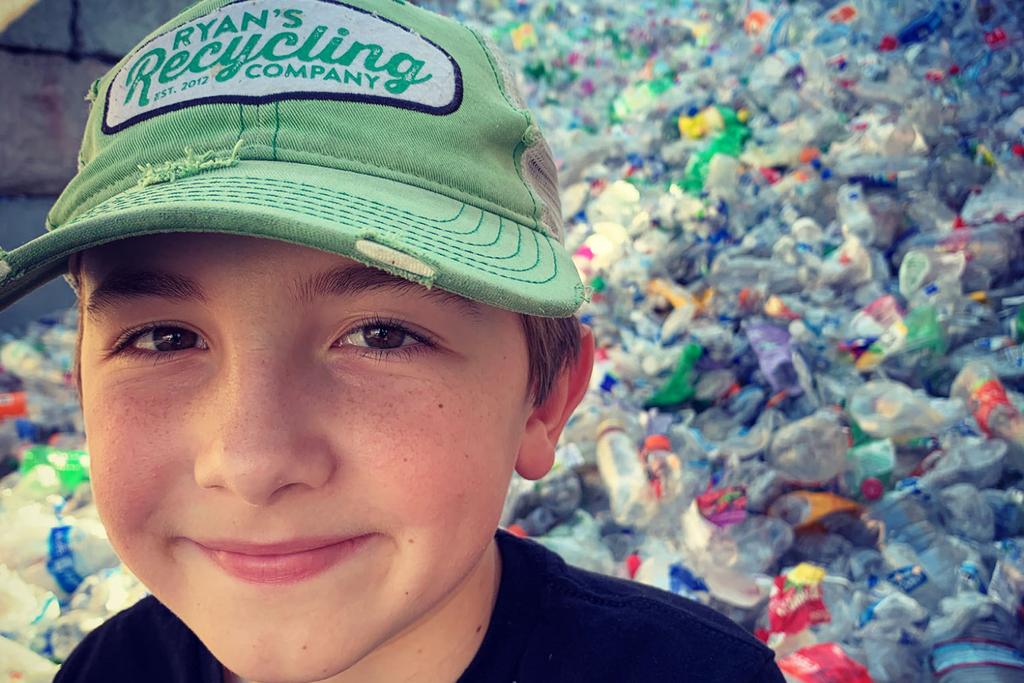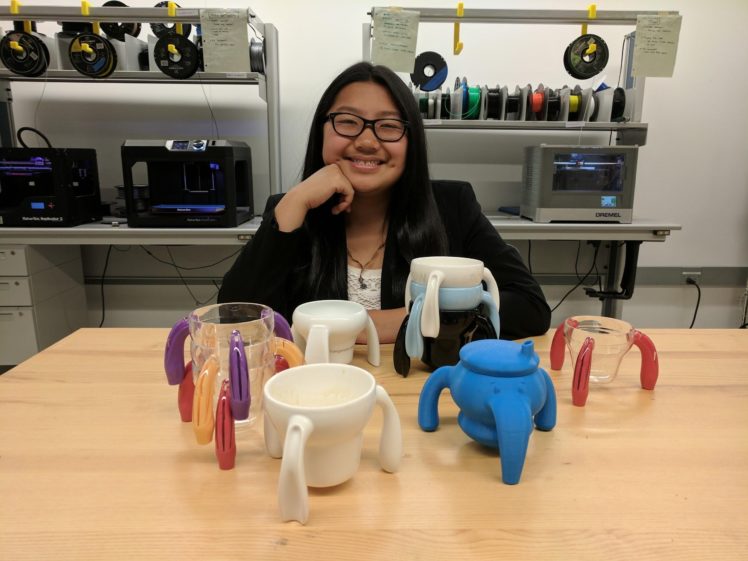It is very rare that I interact with an app that changes my life. Instagram and Snapchat were amazing in their prime, back in middle and high school. However, now that I have grown up, games and social apps just do not do the same thing they used to do. In 2021, some friends recommended an app called Letterboxd, which is a movie cataloging service that also involves a social aspect. Because of my love for movies, I was able to jump right in and start reviewing my first films, and it made me feel like a serious movie critic.
Matthew Buchanan and Karl von Randow invented Letterboxd in 2011, which completely shook the world of movie critics. Before, critics would hide behind sites such as IMDb and Rotten Tomatoes, and create reviews that were far different from audience reviews. With Letterboxd, there are millions of different reviews for each film, and there are so many different ways to write reviews.
In conclusion, Buchanan and von Randow changed how movie reviews are written and read today, and as an avid movie lover, I am so grateful for these entrepreneurs changing a market that I never thought would change.






